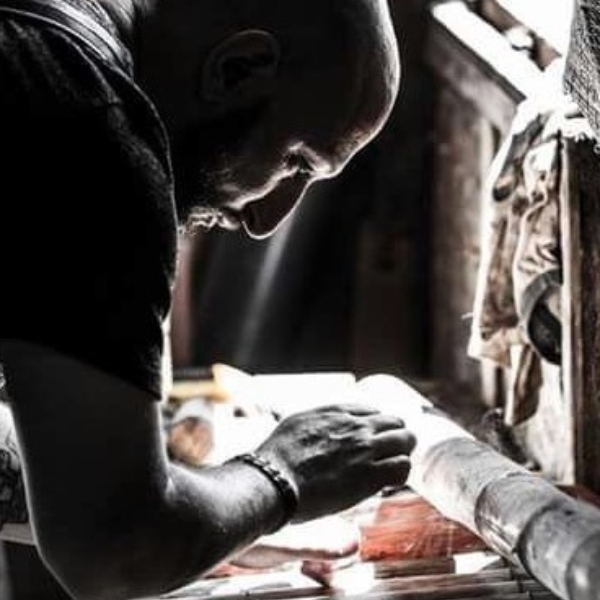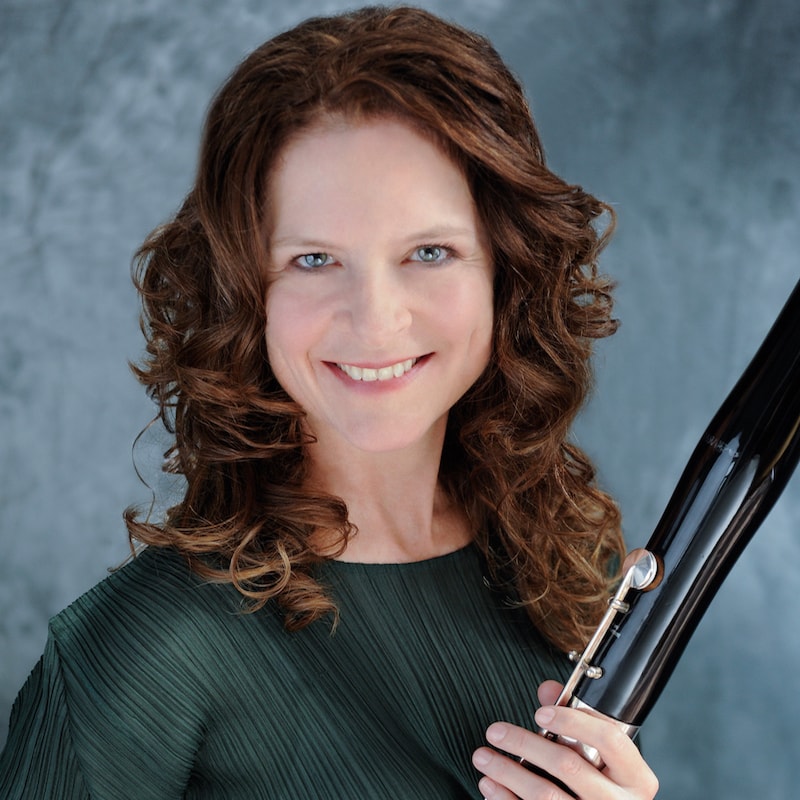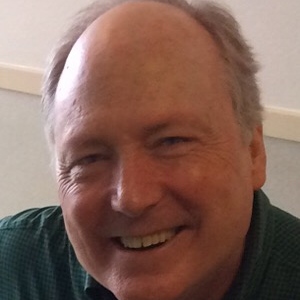Faculty Feature: Michael Birenbaum Quintero

In this CFA Faculty Feature, hear from Michael Birenbaum Quintero, associate professor and chair of musicology and ethnomusicology at BU School of Music.
Studying Black cultural politics in Latin America, Quintero’s work in Colombia examines the place of music in both the Afro-Colombian social movement and the cultural policy of the state under neoliberal multiculturalism. Beyond academia, Quintero has directed a grassroots Afro-Colombian community music archive with the grassroots research collective SINCh in Quibdó (Chocó) and has been featured on NPR.
In the interview with Quintero, the award-winning ethnomusicologist goes back in time, reminiscing on how he found his love for ethnomusicology. He also shares what makes BU’s Ph.D. in musicology and ethnomusicology unique, what opportunities are available for students in the program, and how the musicology and ethnomusicology department at BU supports students in their journey.
Q&A
AN INTERVIEW WITH MICHAEL BIRENBAUM QUINTERO
CFA: How would you describe musicology and ethnomusicology?
曲
CFA: There is no way or reason to separate the history of music from history itself?
Quintero: Absolutely right, especially if we think of music in a historical context that includes political movements, social realities, technologies, and economic structures. Music is wrapped up in all of those things. In the most basic sense, we explore what music does in the world, that is, how people think about and act on the world, through music, and how particular historical conditions influence musical creation.
CFA: When and how did you know you’d become an ethnomusicologist?
Quintero: I decided I wanted to attend graduate school for ethnomusicology because I am Colombian-American and I was very interested in Colombian music and the politics, especially the racial politics of Colombian music. Ethnomusicology gave me a set of possibilities for thinking about the relationship between society, culture, politics, and music in Colombia. That’s how it all started.
CFA: What makes the BU program in musicology and ethnomusicology distinct?
曲
CFA: We read that you went to Colombia on a research trip, but were sidetracked because you fell in love with the music of the Pacific coast.
Quintero: I didn’t know if I was going to get into graduate school. After I applied and I was waiting to hear back, I got a job teaching English in Japan, as my Plan B. On my way there, I stopped at a friend’s house in San Francisco where I went to a music store and found some CDs to take to Japan. I played the CD in my little apartment in Osaka. The music I heard absolutely changed my life. It was so unfamiliar but I instantly fell in love with it. I had many questions. My original plan was to study the music of the Caribbean coast of Colombia but after that experience, I knew I had to switch to the Pacific Coast, although I’ve written about both.
CFA: What’s the name of the music and what makes it different from the Atlantic coast Colombian music?
Quintero: It’s called currulao. When we think about Afro-American or Afro-Caribbean music, there’s a certain kind of rhythm that is very familiar because it permeates popular culture. It’s usually in a 4/4 rhythm. But currulao is very different. It’s in a 6/8 or 12/8 rhythm. So, rhythmically, it’s much more slippery, harder for us to grasp. It uses an instrument that isn’t heard in much other Black music in the Western Hemisphere, which is marimba, akin to a wooden xylophone that has a mysterious, simmering sound. I found this music very compelling but I couldn’t figure out how it worked. I couldn’t decide when I was supposed to tap my foot. I didn’t know anything about the people who made it or where it came from. I am Colombian but I had never heard this music before.
CFA: Are there parallels between the Black Colombian experience and the Black American experience?
曲
CFA: Going back to the Ph.D. program, what do you look for in an applicant?
曲
CFA: Why should a graduate student choose BU over another program in New York, Chicago, or Los Angeles?
曲
CFA: Can you talk about some of the things current graduate students are doing?
Quintero: Yes, the best way to know what our department is about is to look at what our current graduate students are doing. Our master’s students are going on to prestigious Ph.D. programs. Our Ph.D. students are getting jobs. They are doing amazing things. We have students studying opera in South Africa. We have students who have gotten grants to study music in Senegal, Japan, Cambodia, and Belgium. Our students present at international conferences. Some of our students are on tour in Europe now singing early music from original notation. This is all right now – at this moment in time.
CFA: Anything else you’d like to share?
Quintero: It occurred to me this past fall as I was teaching the foundation course in ethnomusicology that it had been 20 years since I took the very same course in my first year in graduate school. Back then, I was apprehensive and felt out of place in the classroom. I’d been out of school for a while.
Looking back, I know now that if you trust the process of graduate education, and your professors and the staff and fellow students have your back, you will accomplish great things. So my goal as chair is to make sure that we have a department that has our students’ backs in that way. We want students to know that we are very aware of what goes into making the decision to attend a graduate program. We understand their concerns about the job market. We know that they might ask themselves why they should make this commitment during this turbulent moment in history. We respond to those concerns by working hard to give them the tools they will need to achieve their goals.
“One of the things that distinguishes our department is that we’re interested in breaking down the barriers between musicology and ethnomusicology.”
This Series
Also in
Faculty Features
-
March 29, 2023
Faculty Feature: Rébecca Bourgault
-
November 8, 2022
Faculty Feature: Kelly Bylica
-
November 1, 2022
Faculty Feature: Felice Amato

Learn more about BU’s Musicology and Ethnomusicology programs
Discover opportunities, read about additional faculty members, and explore what current musicology and ethnomusicology graduate students are up to.

